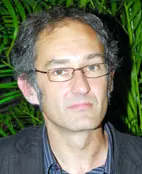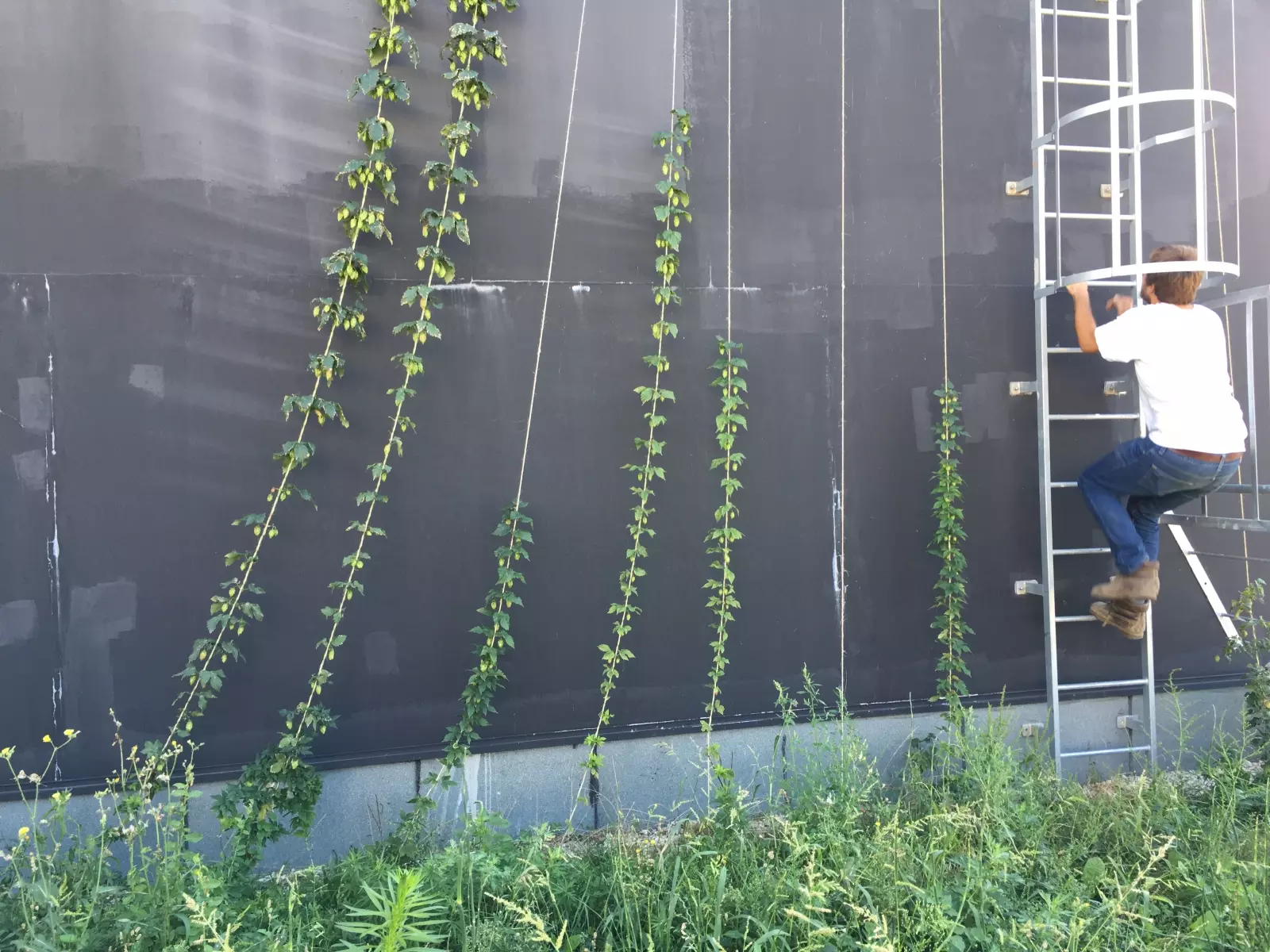Espaces is an urban ecology social inclusion structure. Twenty-two years ago, how did you come up with the idea of creating this association that combines and addresses two major issues: social inclusion and ecology?
I co-founded Espaces when Renault closed its factories in Boulogne-Billancourt with two challenges. First, to create jobs in the Hauts-de-Seine region as large industries were closing. We could say that they were the main social inclusion structures of the time because they offered varied career paths with development opportunities. Then, to take action in the urban ecology sector: the banks of the Seine had beautiful abandoned towpaths where people in situations of extreme hardship lived. The objective was to open these sites up to the public by including the people present.
The Espaces association creates jobs in the new trades of urban ecology for people who have difficulty in finding employment. We gradually increased social inclusion projects in the Hauts-de-Seine, in Paris, and then in the Yvelines. The association currently runs 14 sites where 130 employees under social inclusion programs and 50 permanent employees work.

In 2013, the need to extend Espaces's action through a subsidiary NaturEspaces was felt. This social inclusion company offers the maintenance, creation, and management of urban natural areas in the west of the Paris region. NaturEspaces employs ten people, three of whom are permanent employees and seven are employed under a social inclusion program. It has the flexibility of a service company and proposes inclusion pathways to people with professional experience who are not yet quite ready for an non-assisted job.
Can you tell us what these "new urban ecology trades" are?
Our trades actually have a strong historical dimension. They had practically disappeared and are now rehabilitated. Eco-council workers who maintain river banks have existed for centuries but we are recreating this job with methods, tools, and functions that meet the needs of today. There was a lot of market gardening in cities before the invention of the combustion engine which facilitated the transport of food from distances. The word "maraîcher", market gardener in French, comes from "marais" which designated a cultivated plot of land ... on Paris's marshland. The Marais district is evidence of this historical reference. We are going back to sources! These market gardeners worked micro-plots of land and we are discovering the constraints of this today by cultivating on rooftops. We are adapting traditional practices to the present.
What is the specificity of the CultiCime project for you?
CultiCime is our first urban agriculture production project. The challenge is to create a profitable fruit and vegetable business. The urban agriculture business model is changing as modern-day experiments only go back ten years. For example, the plots are provided to the winners of the "Parisculteurs" competition free of charge whereas previously the City of Paris was considering renting them which was an overwhelming cost for farmers. Similarly, property developers now include the installation of arable land in construction costs and as land retains water, installation is partly subsidised by Water Boards. The owner of the Fashion Center provided CultiCime's terrace to Topager but weeds and other plants that had been thriving for four years had to be cleared first!
How are CultiCime employees adapting to this new urban agriculture experiment?
We began with two part time employees under a social inclusion program in August 2016. Five of Espaces's employees have worked on the site over the past six months. They come from other inclusion projects run by Espaces once or twice a week to cultivate the plots. The are supervised by Topager, which trains them in subsistence agriculture, and Casilde Gratacos, the operations manager who is a beneficiary of a trust fund from France Active. These six months of experimentation have shown us that working on CultiCime accelerates social inclusion. Employees are pleased to be involved in an emerging sector with a new team and they demonstrate a strong desire to learn new forms of urban ecology. Of the five employees, three have already left the social inclusion program to go on to work in different trades.

Is one of CultiCime's objectives to establish an official training course in urban market gardening?
Espaces has implemented a professional skills certification system which we are currently extending to urban market gardening. This certification is based on the French Ministry of Labor's trade repositories, listed by ROME code[1].
I think that the profession of urban market gardener will develop very strongly in various forms in the future. Gardening companies have begun to implement subsistence agriculture. In fifteen years' time, green areas in cities will be very different. Bamboo will not be planted any more, there will be hazelnut trees, there will not be any cedar trees but hedges of raspberry bushes... We are currently buying very expensive trays of raspberries that have travelled a long way when we could grow them at home without harmful pesticides which have been banned in cities since 1 January 2017. I am counting on a return to smart growth and the relocation of life. Lisbon has taken some radical decisions in this sense. Out of the 32 hectares of the city's green areas, half have been converted into urban agriculture areas since 2008 (less than ten years). This development creates activity and jobs as these crops are labor intensive.
Are you talking about 1,800 urban market gardening jobs created within the scope of Parisculteurs?
This is an initial estimate based on our experiences. Some of these jobs will be full time, others part-time including in trades that will radically change. For example, an owner might ask the caretaker of their building to take care of raspberries or garden tomatoes they are growing in the common areas ... Employees maintaining gardens or green areas in cities may become urban market gardeners tomorrow.
* *
MORE INFORMATION :
- www.association-espaces.org
- www.naturespaces.net
- www.topager.com


